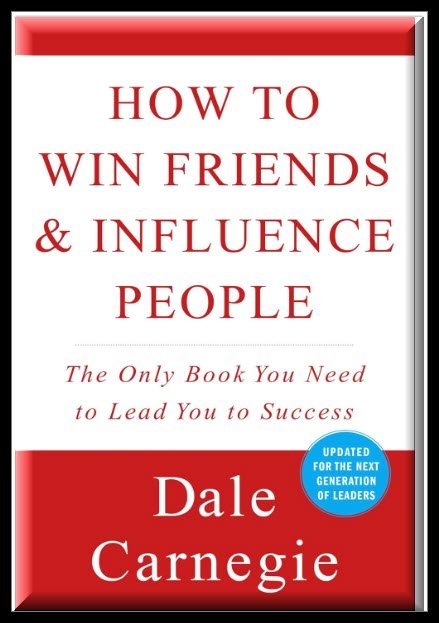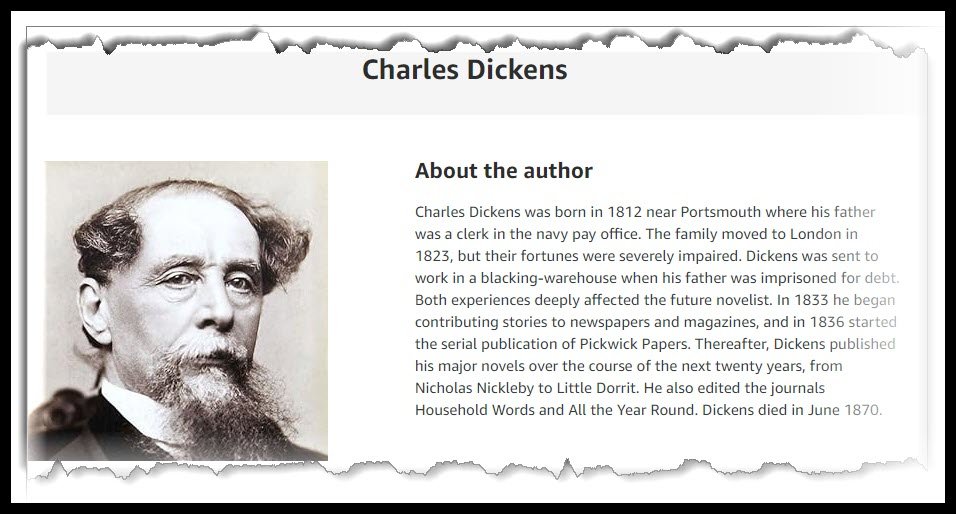The Timeless Wisdom of Dale Carnegie’s “How to Win Friends & Influence People”.

Self-improvement and personal development literature, a few books have stood the test of time, leaving an indelible mark on readers across generations. One such masterpiece is Dale Carnegie’s celebrated work, “How to Win Friends & Influence People.” First published in 1936, this timeless classic has continued to inspire and guide individuals in their pursuit of meaningful relationships and influential communication. In this article, we will delve into the key insights from Carnegie’s book and explore how its principles can still be applied effectively in today’s world.
- The Power of a Genuine Smile:
Carnegie’s book asserts that a genuine smile is one of the most powerful tools in building connections and winning others over. In an age heavily influenced by digital communication, cultivating the ability to warmly greet others can be the catalyst for establishing rapport and fostering a positive atmosphere.
- Remember Names and Make Others Feel Important:
An often-neglected aspect of interpersonal relationships is the simple act of remembering and using someone’s name. Carnegie emphasizes the impact of addressing people by their names, as it makes them feel valued and respected. By making a conscious effort to remember names, we can strengthen our connections and build lasting friendships.
- Active Listening and Empathy:
In a society that is constantly buzzing with noise and distractions, Carnegie’s principles of active listening and empathy remain pertinent. He encourages readers to focus on understanding others’ points of view, genuinely taking an interest in their ideas, and actively engaging in conversations. By practicing empathy and listening attentively, we can establish deeper connections and forge stronger relationships.
- The Art of Honest and Constructive Criticism:
Offering constructive criticism is a delicate skill that Carnegie discusses extensively. Rather than resorting to harsh judgment or condemnation, he advocates for providing feedback that inspires and motivates. By framing criticism in a positive manner, we can help others grow and improve while preserving their self-esteem and dignity.
- Building Bridges Through Diplomacy:
Carnegie firmly believes that disagreements and conflicts can be resolved through diplomacy and mutual understanding. Instead of approaching conflicts with hostility or aggression, he suggests adopting a more cooperative mindset. By seeking common ground and finding amicable solutions, we can strengthen relationships and foster a harmonious atmosphere.
- The Influence of Sincere Appreciation:
Expressing genuine appreciation for others’ efforts is a core principle of Carnegie’s book. He emphasizes the importance of recognizing and acknowledging the contributions made by those around us. By cultivating sincere appreciation, we can motivate others, boost their self-confidence, and establish an environment that nurtures personal and professional growth.
- The Art of Persuasion, Not Manipulation:
Contrary to popular belief, Carnegie’s book is not a guide to manipulation but rather a roadmap to ethical persuasion. He emphasizes the importance of understanding others’ motivations and aligning our message with their interests. Through empathetic communication and thoughtful persuasion, we can influence others positively without compromising their autonomy or values.
Dale Carnegie’s “How to Win Friends & Influence People” has undoubtedly stood the test of time due to its profound insights on human interaction. Its principles continue to provide guidance for individuals seeking to build authentic relationships and navigate the complexities of human communication. By embracing the lessons from this timeless classic, we can enhance our interpersonal skills, foster connections, and leave a positive impact in both our personal and professional lives. So, let us embark on this journey of self-improvement, armed with Carnegie’s wisdom, and witness the transformative impact it can have on our relationships and ability to influence others for the better.
Throughout his career, Roy Swire has remained true to his roots, using his artistry to inspire and uplift others. Whether through his music, writing, or activism, he continues to make a meaningful impact on the world, proving that art has the power to transcend boundaries and unite people from all walks of life.
Related News

Rediscovering the Timeless Magic of “A Christmas Carol” by Charles Dickens
Spread the love Rediscovering the Timeless Magic of “A Christmas Carol” by Charles Dickens InRead More

The Timeless Wisdom of Dale Carnegie’s “How to Win Friends & Influence People”.
Spread the loveSelf-improvement and personal development literature, a few books have stood the test ofRead More
